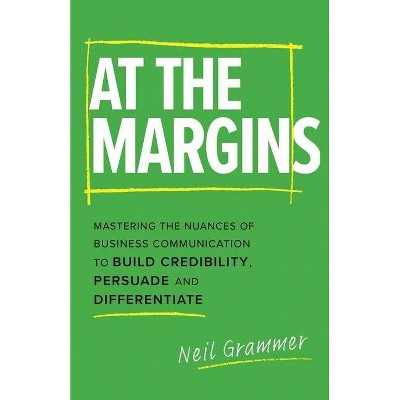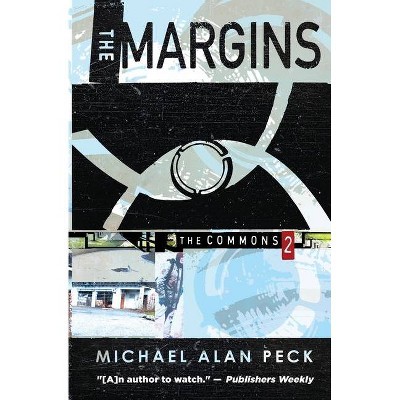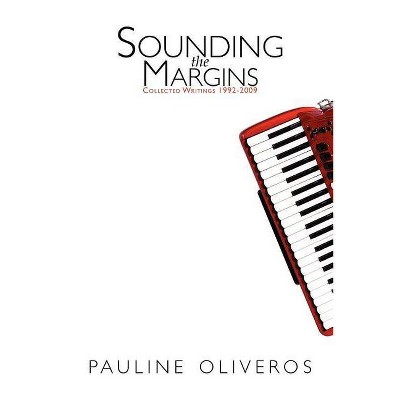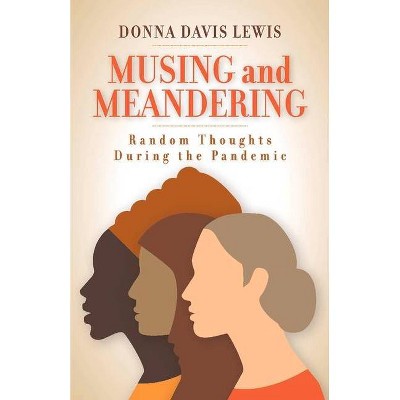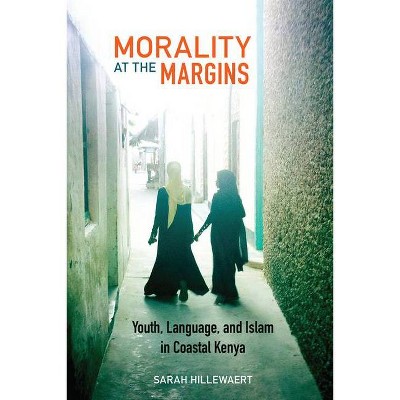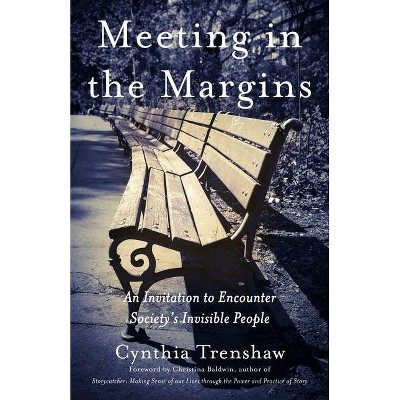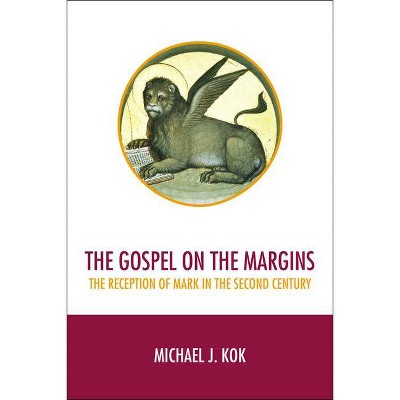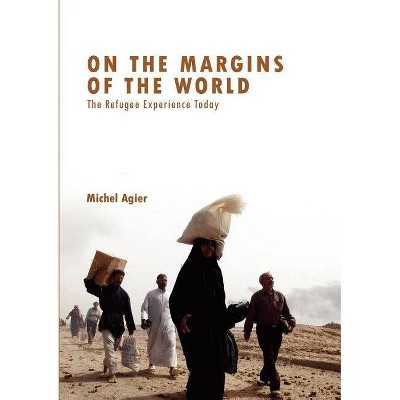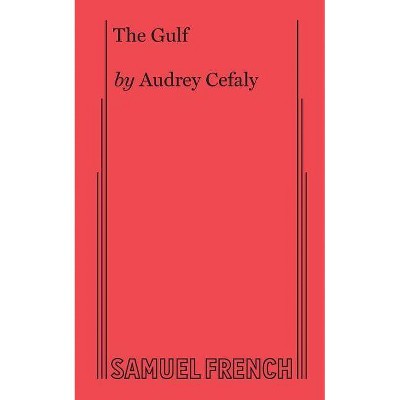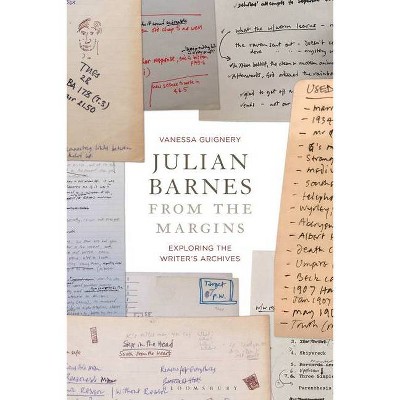Musing the Margins - by Audrey T Carroll (Paperback)
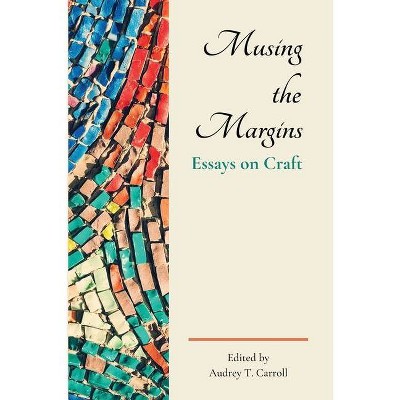
Similar Products
Products of same category from the store
AllProduct info
<p/><br></br><p><b> Book Synopsis </b></p></br></br><p> Who determines the rules of craft? How are these rules exclusionary? Elitist? Reflective of a dominant lens? </p><p> <em>Musing the Margins</em> examines the influence of culture and identity on the craft of fiction. These essays delve into race, ethnicity, class, queerness, neurodivergence, disability, and chronic illness. The anthology challenges fiction writers to read and teach beyond familiar views, approaches, and voices. What questions should writers be asking themselves? How do writers acknowledge their privilege in their work? How can writers do their due diligence in order to create the least possible harm with their art? How do marginalized identity and craft interact, complicate one another, and create new possibilities for the future of fiction?</p><p> Cooper Lee Bombardier raises questions of privilege and positionality, specifically as they relate to character and point of view choice.</p><p> Andrea J. Johnson outlines issues that a work of fiction might have in terms of diversity while offering positive models of how to incorporate diversity.</p><p> Daniel Heath Justice writes of themes, Indigenous representations, and speculative fiction, breaking down prevalent but ultimately harmful tropes associated with Indigenous representations in literature.</p><p> Angela Kariotis describes the ways in which she uses Playback Theatre and improvisation to nurture her students' storytelling capabilities.</p><p> TAK Erzinger illuminates the stakes of diverse representation while centering her essay on the inclusion of familiar, relatable characterization and details from Latinx culture.</p><p> B. Tyler Lee engages with questions of stereotypes, framing these questions with personal narrative that clarifies the stakes of the questions that she addresses.</p><p> Audrey T. Carroll addresses how cultural attitudes toward disability are codified in fiction by exploring disability, characterization, and verisimilitude.</p><p> Amara George Parker questions what poor representation does-representation that lacks nuance and depth of character, especially for those with dynamic/invisible disabilities and mental health issues.</p><p> Mira T. Lee focuses on mental illness and the responsibility of its portrayal in fiction, demonstrating how a character can be of a marginalized and/or stereotyped identity and maintain the three-dimensional nature that writers often aspire to.</p><p> Emily Donovan outlines the ways in which experimenting with and coding narrative allowed more leeway for a queer canon to form through works such as Ronald Firbank's <em>Inclinations</em> and Virginia Woolf's <em>Orlando</em>.</p><p> Kristen Arnett examines the connections between physical action and interiority, and how these connections relate to queerness.</p><p> Patrick Thomas Henry reckons with questions of the senses, bringing a fresh understanding of the sense of sound as it relates to character and description.</p><p> Rachal Marquez Jones traces the use of "they" and how "rules" work against inclusivity, leading up to her use of the word "Latinx."</p><p> Desiree Cooper's essay explores race, point of view, and positionality.</p><p> <em>Musing the Margins </em>serves as a space to consider craft discourse from traditionally marginalized angles. In their innovative and thoughtful essays, these writers provide perspectives that enrich and expand the ways in which we might think about fiction. </p><p><br></p><p/><br></br><p><b> Review Quotes </b></p></br></br><br><p><em>Musing the Margins</em> isn't just a stunning new arrival to the canon of creative writing craft books; it's a crucial, long overdue addition to the field. The volume brings together an impressive array of marginalized voices-from writers of color, to writers with disabilities, to Native American writers, to LGBTQ+ writers-all of whom don't merely speak out about the pressing issues of false representation and cultural appropriation but who offer specific craft advice to creative writers on how to avoid falling into these tired old traps. It's not a book about condemnation but about listening to informed authors, understanding familiar problems, and, as a result, working better as a writer. This is the craft book that the 21<sup>st</sup> century has been begging for. It's an instant classic and will be a touchstone for generations to come. </p><p><br></p><p><em>- </em>John Vanderslice, University of Central Arkansas</p><p>Author of <em>The Last Days of Oscar Wilde</em> and<em> Island Fog</em></p><p><br></p><p><br></p><p>Essential reading for any creative writing course and any creative writer, this collection provides the means for reflection and understanding. It names what we need to name at the workshop table and at the page. It breaks through enforced silences. There is much to discuss in these pages and much to account for as this book informs our practice.</p><p><br></p><p><em>- </em>Janelle Adsit, Humboldt State University</p><p>Author of<em> Toward an Inclusive Creative Writing: Threshold Concepts to Guide the Literary Writing Curriculum</em> and co-author of <em>Writing Intersectional Identities: Keywords for Creative Writers </em></p><p><br></p><p><br></p><p>Social justice expands far beyond protestors and voting booths-our writing must absorb it, too. <em>Musing the Margins</em> emphasizes just that, aiming to educate writers on the increasing necessity for fiction to reflect reality as it attends to race, gender, dis/ability, mental health, and more. Each essay uncovers a new conversation on crafting fiction, its revision, and our collective responsibility toward representation and empathy. Yes, diversity matters-but there's performance and then there's doing the work. Carroll and her contributors don't ask that the cannon make space for historically marginalized identities; they demand we incinerate the cannon, examine our prejudices and their capacity for harm, and write-<em>do</em>-better. Here's what we can all do first: read this book.</p><p><br></p><p><em>- </em>Monica Prince, Susquehanna University</p><p>Author of <em>How to Exterminate the Black Woman </em>and <em>Instructions for Temporary Survival</em>, </p><p>Assistant Professor of Activist and Performance Writing</p><p><br></p><p><br></p><p>Crisp, timely, and accessible. This book is a firm tug on the red thread to lead us out of the maze.</p><p><br></p><p><em>- </em>Sam Simas, Bryant University</p><p>Winner of <em>Copper Nickel's </em>Editor Prize for Prose</p><br>
Price History
Price Archive shows prices from various stores, lets you see history and find the cheapest. There is no actual sale on the website. For all support, inquiry and suggestion messagescommunication@pricearchive.us
